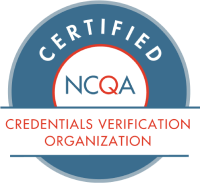Credentialing Resources
Take deep dives into credentialing news, best practices, and technology with the andros team.

Andros Achieves Dual Recognition With URAC Accreditation And NCQA Compliance
Andros, the leading network lifecycle platform solution, today announced it has achieved the full three-year CVO accreditation from URAC—Utilization Review Accreditation Commission—a national leader in promoting healthcare quality through accreditation, certification, and measurement. “Earning URAC accreditation is a powerful validation of our operational rigor and the trust our clients place in us,” said Mark Hirschhorn, Vice President, Compliance Officer at

Andros Introduces Network Transformation Team to Drive Provider Network Innovation
[NEW YORK, April 1, 2025] Andros, the healthcare industry’s leading network lifecycle platform, introduces its Network Transformation Team—a strategic expansion designed to help health plans optimize key provider network categories, including: improvements to operational efficiency, strengthening provider relationships, enhancing compliance, and improving overall performance through data-driven insights. Led by healthcare industry veteran Melissa Kittelson, who has over 30 years of

A Closer Look At The 2025 NCQA Credentialing Requirements
Big shifts are coming to credentialing, and the July 1, 2025 NCQA updates are just the beginning. At Andros, we’re not just preparing for change—we’re built for it. Our recent full, three-year CVO accreditation from URAC, alongside our longstanding NCQA certification, puts us in rare company—fewer than 25 credentialing organizations nationwide hold both. These milestones aren’t just recognition, but validation
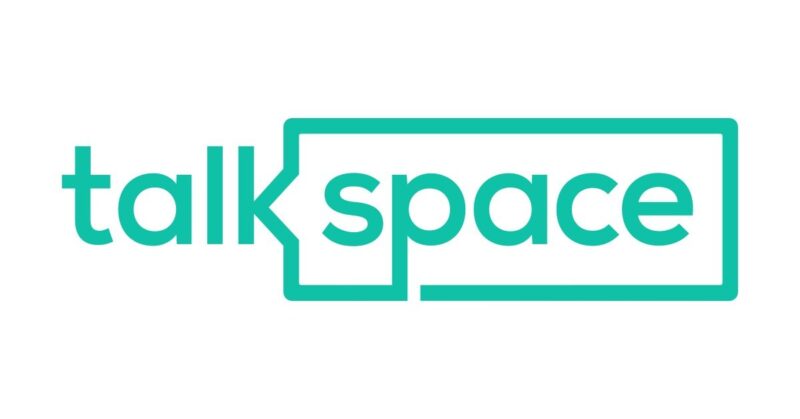
Streamlining Therapist Credentialing for Talkspace
Learn how Talkspace partnered with Andros to streamline therapist credentialing, reduce turnaround times, and enhance operational efficiency with innovative technology and dedicated customer support.
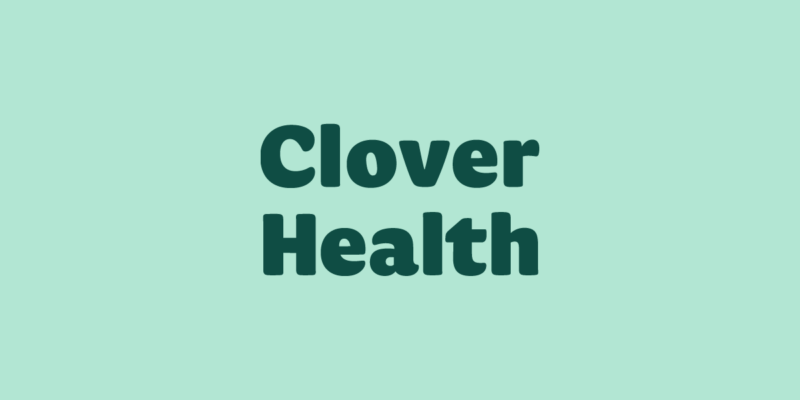
Streamlining Credentialing for Medicare Advantage at Clover Health
Learn how Andros helped Clover Health streamline credentialing, reduce turnaround times, and optimize provider data management for improved operational efficiency.

Enabling Provider Data Management with the Andros Credentialing API
Behind the scenes of every healthcare organization lies a complex web of credentialing processes. Credentialing is a cornerstone of quality healthcare delivery, ensuring that every provider in a network meets rigorous standards. Traditional credentialing processes are often slow, manual, and prone to errors, leading to delays in patient care and provider onboarding. Manual downloads, uploads, and updates of flat files

Top 3 Provider Network Management Credentialing Trends to Watch in 2024
The credentialing process for healthcare payers and provider organizations is a crucially important, ongoing administrative priority that must be done right. It’s like the foundation of a well-built house: with the right expertise and attention to detail, everything built on top of it is sturdy and resilient. But if that foundation isn’t solid, what comes next is going to be

Best Practices for Credentialing Committee Meeting Management
The National Committee for Quality Assurance (NCQA) mandates that health plans convene regularly to make decisions about the credentialing of their network practitioners. In these committee meetings, external experts assess whether providers qualify to remain in the network. While these meetings are essential for compliance, many health plans find it challenging to conduct them efficiently and effectively. We’re here to

Charting a New Course in Healthcare Compliance: A Spotlight on Our Latest Offerings
As healthcare advances and becomes more complex, compliance isn’t mere protocol—it’s the cornerstone of trust, bridging patient care and the intricate workings of organizational operations. Think of it not just as a rulebook, but as a silent sentinel, carefully preserving the integrity and security of healthcare practices against a backdrop of evolving standards and regulations. Fully understanding the nuanced relationship between
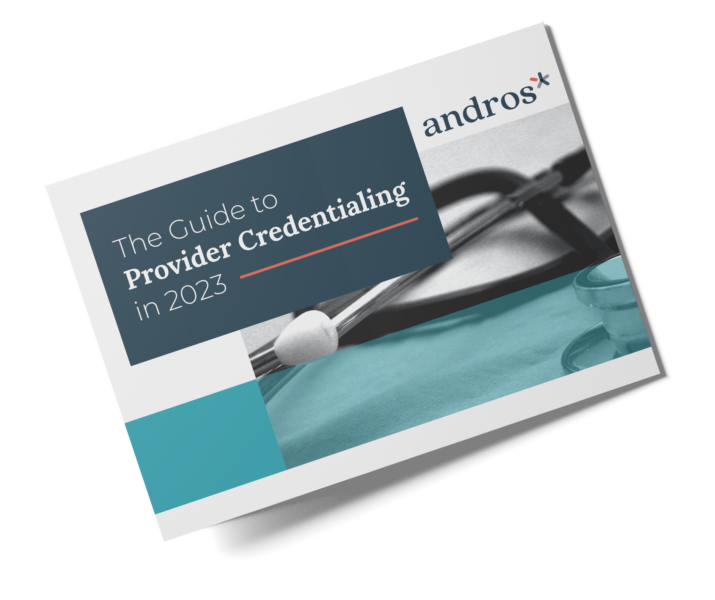
The Guide to Healthcare Provider Credentialing
The Guide to Healthcare Provider Credentialing We’ve got you covered with a handy all-in-one guide to credentialing – the what, when, where, and how in one place. Provider Credentialing in Healthcare Provider credentialing, also known as practitioner credentialing, is the process of verifying the qualifications, training, and professional background of healthcare providers or practitioners. Traditionally, credentialing is a time-consuming manual

Why improving the credentialing experience for providers matters
The 90 days plus time taken [for credentialing] is not acceptable. No one at the insurance company is available… emails are not responded to for many many days… talking to different people has no results. -Anthony D., healthcare provider When you ask a consumer what they think of the experience of procuring and receiving healthcare, chances are you’ll hear

Credentialing Issues in Healthcare
Credentialing is the process of verifying the qualifications and credentials of healthcare professionals in order to ensure that they are qualified to provide patient care. This process is critical for maintaining the quality of patient care and for protecting the public from unqualified practitioners. To combat the potential for intentional or unintentional data inaccuracies in the information provided by healthcare

How to automate provider credentialing
Credentialing plays a critical role in helping ensure that patients receive quality care from fully qualified professionals. Whether a provider applies to join a particular healthcare network or the network recruits the provider, the health plan–or any other healthcare payor offering services–must verify the provider’s credentials. Because of the legal and regulatory consequences that could ensue from healthcare decisions and

Building a Medicare Advantage Network for a National Health Plan
Learn how Andros developed and managed a five-state provider network by conducting market assessments, leveraging technology, and building a specialized team, achieving high adequacy and recruiting thousands of physicians.
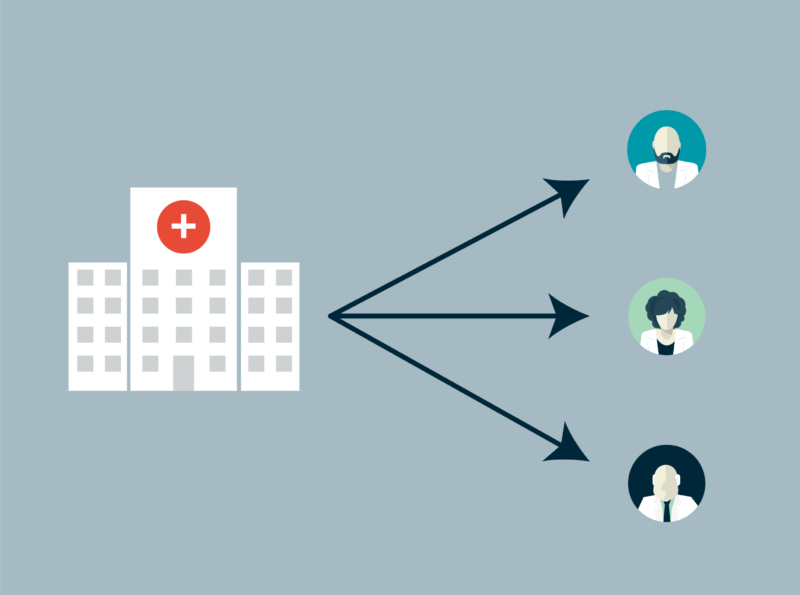
Delegated Credentialing: Easing the pain of credentialing your providers
Delegated Credentialing: Easing the pain of credentialing your providers Credentialing in house can be painful for health plans and other types of payors, adding the time and administrative stress of continually tracking and updating new providers, locations, and information. It can be burdensome for provider organizations too, submitting new documents with each provider, location and information changes, not to mention

Credential Your Network While You Build It
Both network builds and credentialing rely on having accurate, up-to-date data. Consider integrating these two processes around a unified data resource to deliver the best results while saving time and money.

Credentialing verification organizations like you’ve never seen
Credentialing healthcare organizations has traditionally been difficult to manage efficiently. The lack of an industry standard, like the one NCQA offers for provider credentialing, leaves organizations and state regulatory entities to develop their own processes or requirements. Naturally, the result is a hodge-podge of standards with little consistency across the healthcare industry. The lack of an industry standard, however, does

Recredentialing Q&A – What You Need to Know
Q: What is recredentialing? A: Recredentialing is the process of periodically verifying and reviewing practitioner and facility qualifications and performance. It ensures providers continue to meet key standards for professional competence, conduct, and delivery of high-quality care. Recredentialing generally occurs every 1-3 years after the initial credentialing process. During recredentialing, licensure, education, training, malpractice claims, and other qualifications are re-verified.

Cough. Cough. Who’s there? Telemedicine Makes a case for Medical Credentialing
The age of telemedicine has arrived. But, regulations are still catching up with technology. So when you tap on your screen to connect with a doctor you’ve never met, how do you know that you’re seeing a well-trained, qualified provider? In 2014, telemedicine startups, like Doctors on Demand, saw a 130% increase in funding from the year before. And telemedicine
